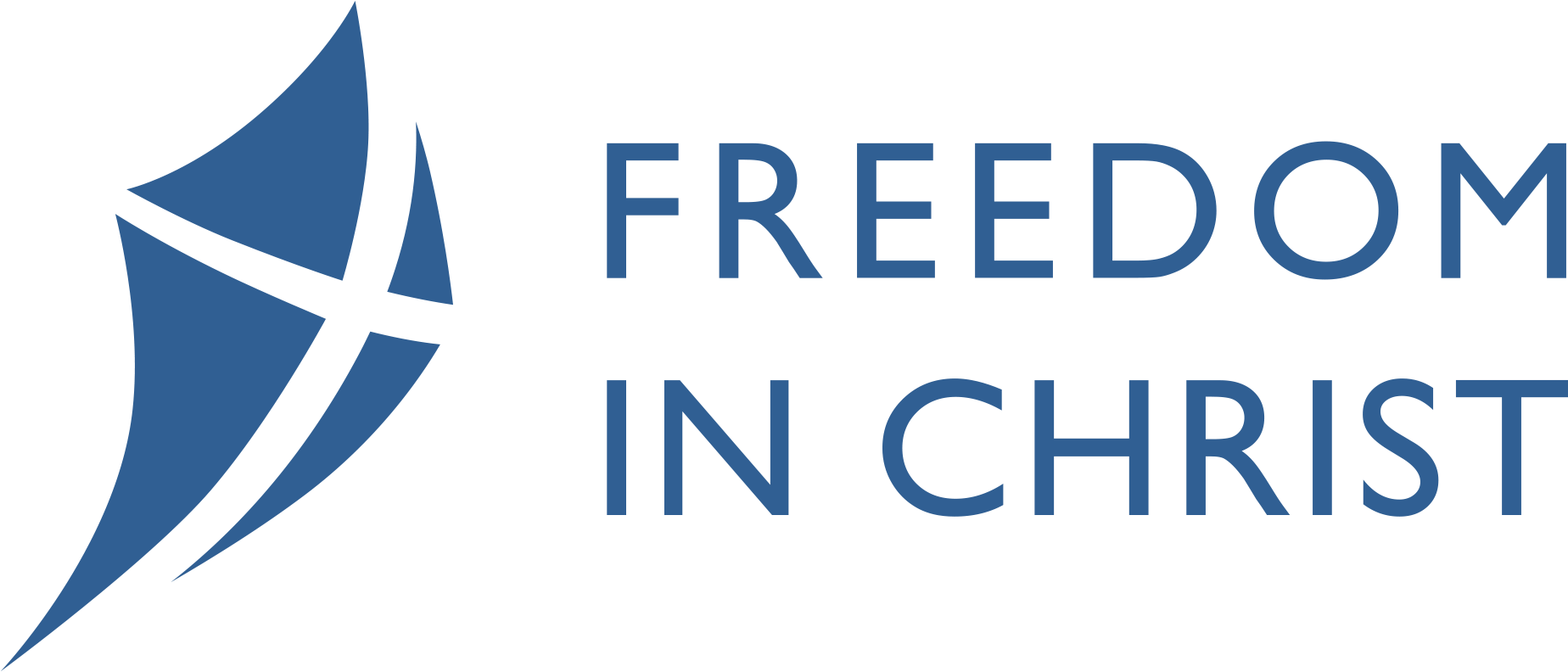You not only can, but you must! Forgiveness is one of the most important steps toward freedom in Christ. Jesus Himself predicates God’s forgiveness of us on our forgiveness of others: “And forgive us our debts, as we also have forgiven our debtors….For if you forgive men for their transgressions, your heavenly Father will also forgive you. But if you do not forgive men, then your Father will not forgive your transgressions” (Matthew 6:12,14,15). The apostle Paul teaches us that unresolved anger gives the devil a place in our lives and calls us to “be kind and compassionate to one another, forgiving each other, just as in Christ God forgave you” (Ephesians 4:26, 27, 32, NIV).
The question above addresses the relationship between feelings and forgiveness. Realize that if God commands us to do so, we can forgive whether or not we feel like forgiving. We don’t always feel like going to church, praying or studying the Bible, but we choose to do these things anyway because they are necessary for our growth. Our feelings change as we obey God and enter into His presence. Similarly, forgiveness is a choice — an act of the will — that begins a process of emotional healing and the restoration of our relationships with God. Don’t wait for the emotions to heal or lead the way before you obey God and choose to forgive.
We must also forgive from the heart if we are to experience the freedom of forgiveness (see Matthew 18:34, 35). It is not the words we say that accomplish forgiveness. It is facing the hurt and the hatred and then choosing to forgive from the heart. Such emotional honesty is absolutely necessary as we choose to forgive, and this is where many evangelicals stumble. They never admit their anger and simply forgive from the head, trying to keep the painful memories out of their minds.
Forgiveness, then, is something you can do regardless of what you are feeling. It is a decision that you can and must make in obedience to God and for your own sake. Go as deep as you can with your emotions because that is where the healing is going to take place. Don’t be afraid to face the hurt and the hate. Instead, trust the Lord to bring to the surface whatever painful emotions you need to deal with and then trust Him to help you deal with them as well.
A good way to do that is to name the offense you are forgiving and to describe how that offense made you feel about yourself (rejected, unwanted, unloved, dirty or something similar). Now that you’re again feeling this pain, hurt or anger, choose to let the debt go and agree to live with the consequences of the sin. Although the situation isn’t fair, you have no choice but to deal with the effects of that person’s sin. More accurately, the only real choice you have is whether to deal with the consequences of another person’s sin against you in the bondage of bitterness, or in the freedom of forgiveness.

